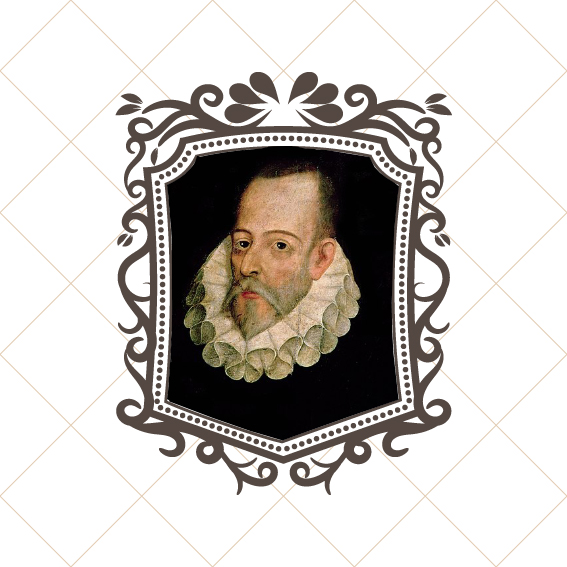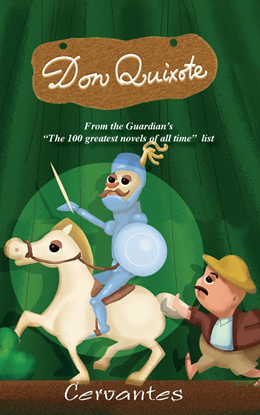Cervantes
|
|
|
Cervantes Quotes
“Never stand begging for that which you have the power to earn.”
-- Miguel de Cervantes
“One man scorned and covered with scars still strove with his last ounce of courage to reach the unreachable stars; and the world will be better for this.”
-- Miguel de Cervantes
“Good actions ennoble us, and we are the sons of our deeds.”
-- Miguel de Cervantes
“'Tis said of love that it sometimes goes, sometimes flies; runs with one, walks gravely with another; turns a third into ice, and sets a fourth in a flame: it wounds one, another it kills: like lightning it begins and ends in the same moment: it makes that fort yield at night which it besieged but in the morning; for there is no force able to resist it....”
-- Miguel de Cervantes
“In every case, the remedy is to take action. Get clear about exactly what it is that you need to learn and exactly what you need to do to learn it. BEING CLEAR KILLS FEAR. Make it thy business to know thyself, which is the most difficult lesson in the world.”
-- Miguel de Cervantes
“Delay always breeds danger.”
-- Miguel de Cervantes
“Drink moderately, for drunkeness neither keeps a secret, nor observes a promise.”
-- Miguel de Cervantes
“A closed mouth catches no flies.”
-- Miguel de Cervantes
“Thou hast seen nothing yet.”
-- Miguel de Cervantes
“All sorrows are less with bread.”
-- Miguel de Cervantes
“The wounds received in battle bestow honor, they do not take it away...”
-- Miguel de Cervantes
“He who sings frightens away his ills.”
-- Miguel de Cervantes





